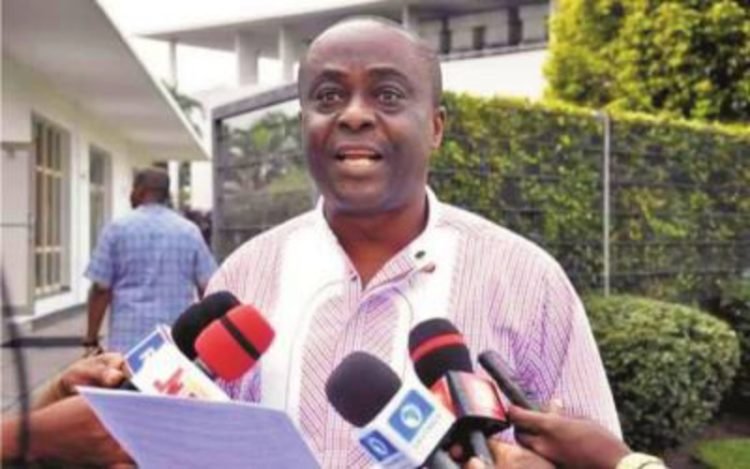President Bola Tinubu is set to sign four major tax reform bills into law on Thursday, June 26, in a move aimed at overhauling Nigeria’s fiscal framework and boosting revenue generation.
The bills, recently passed by the National Assembly, include the Nigeria Tax Bill, Nigeria Tax Administration Bill, Nigeria Revenue Service (Establishment) Bill, and the Joint Revenue Board (Establishment) Bill. They were developed following extensive stakeholder consultations and are expected to modernize tax administration, improve the business climate, and attract both domestic and foreign investment.
The signing ceremony, scheduled to hold at the Presidential Villa in Abuja, will be attended by key government officials including the Senate President, Speaker of the House of Representatives, Senate and House Majority Leaders, and chairmen of the Finance Committees in both chambers. Also expected are the Chairman of the Nigeria Governors Forum, Chairman of the Progressive Governors Forum, the Minister of Finance and Coordinating Minister of the Economy, and the Attorney General of the Federation.
Among the bills is the Nigeria Tax Bill, which seeks to streamline and harmonize the country’s multiple and often conflicting tax statutes to ease business operations and reduce compliance burdens.
The Nigeria Tax Administration Bill aims to establish a unified legal and operational structure for tax administration at all levels of government, while the Nigeria Revenue Service (Establishment) Bill will replace the existing Federal Inland Revenue Service Act. It sets up a new, autonomous Nigeria Revenue Service (NRS) with an expanded mandate and stronger emphasis on accountability and performance.
The final piece of legislation, the Joint Revenue Board (Establishment) Bill, introduces a coordinated governance framework for revenue authorities across the country. It also establishes a Tax Appeal Tribunal and an Office of the Tax Ombudsman to enhance taxpayer rights and oversight.
The presidential assent marks a critical milestone in Nigeria’s ongoing economic reforms.
















